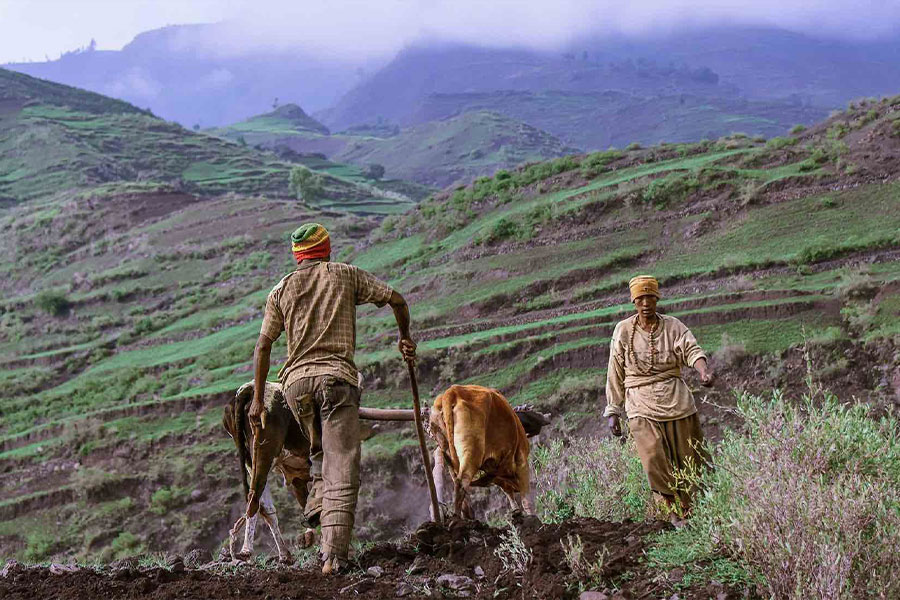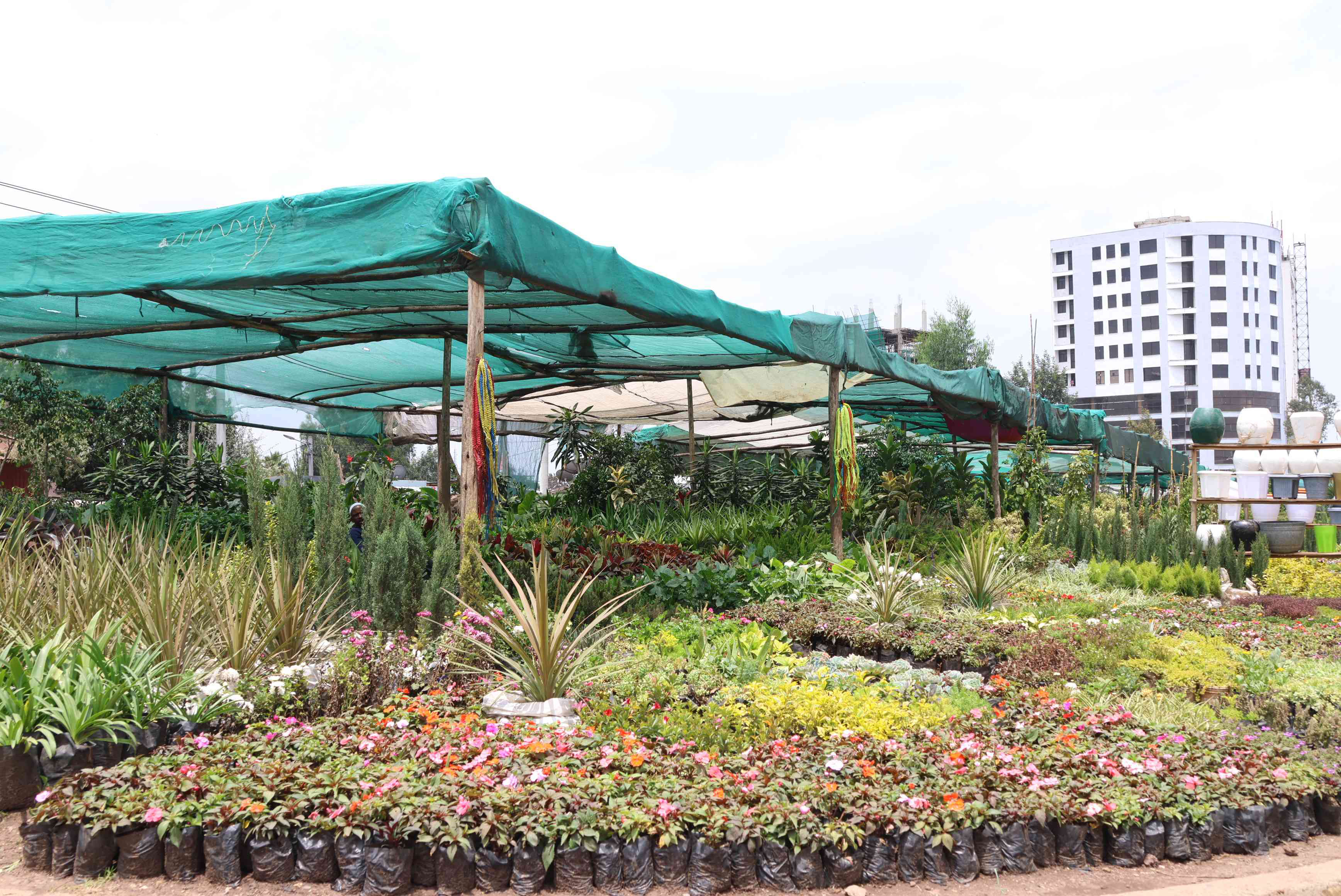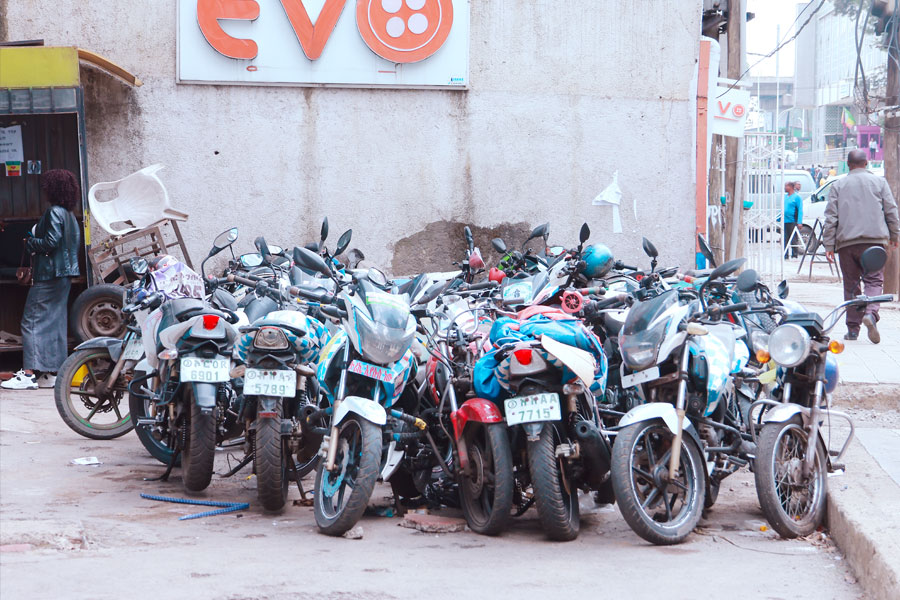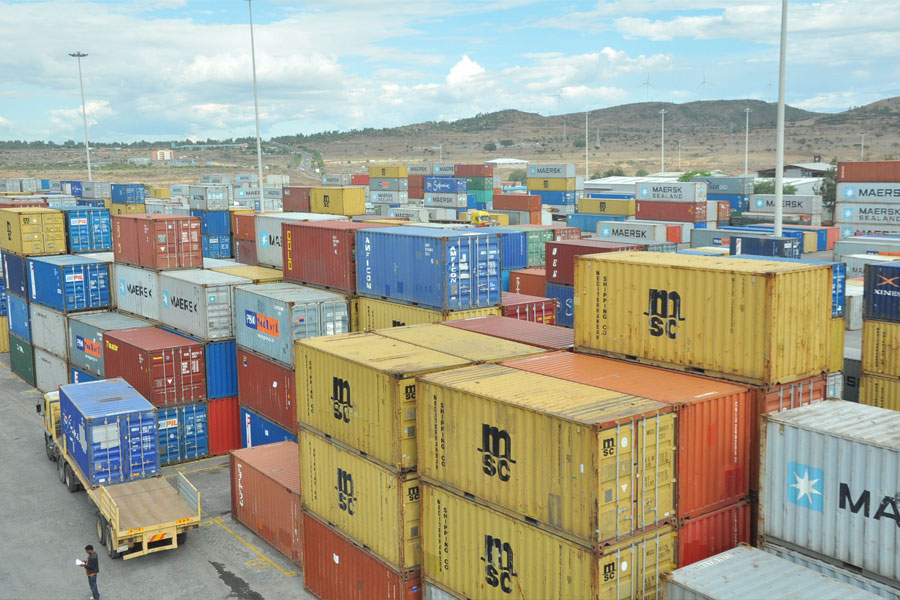
View From Arada | Sep 06,2025
Feb 11 , 2023
By MUNIR SHEMSU ( FORTUNE STAFF WRITER )
Unemployment is cited as the most common factor driving people to join extremist groups in sub-Saharan Africa, according to the two-year UN Development Programme report. Close to 25pc of the individuals who joined were driven by joblessness with only 17pc claiming to be motivated by religious ideas.
The report suggests a conflation of several factors contributes to Africa becoming the global epicentre for violent extremism. In the year 2021, 40pc of all deaths from acts of violent terrorism worldwide occurred in Sub-Saharan Africa, the only region in the world to experience escalating terrorism during the period.
Although Ethiopia is not included in the study, Yonas Adaye (PhD), director of the Institute for Peace & Security Studies (IPSS), recognizes the role of unemployment as a contributing factor to joining an extremist group. However, he cautions against making a one-to-one causal relationship when analysing the issue.
"A multi-factorial inquiry is the only way to understand radicalization," he told Fortune.
The survey conducted in eight Sub-Saharan countries with over 2,000 subjects attempted to comprehend divergent path selection for those arising from the same socio-economic background. Nigeria, Mali and Cameroon accounted for the majority of respondents while the least number of respondents were from Sudan.
The publication is a follow-up to a similar study conducted by the UN five years ago with a questionnaire tailored to trigger nuanced responses to help the researchers understand the underlying motivations of members joining these groups.
Nearly all the extremist groups within the region posture outward with global ideological rhetoric while exploiting local socio-economic grievance and serving as proto-states in areas where the 'real government' is absent.
An ecological threat, political instability and exaggerated violence by counter-terrorism missions were also seen as contributing factors to the unprecedented proliferation of extremism in the region.
Somalia was identified as the country most affected by ecological threats with a protracted drought during the study period. Al -Shabab has long been viewed as an alternative provider of justice to the government.
The exploitation of local grievances such as the shortage of government spending on social welfare was a motif for recruitment by both Boko-Haram and the JNIM, with the latter intensifying inter-ethnic conflicts to further isolate and incorporate.
The design of the study included the comparison of a primary group who voluntarily joined extremist groups like Boko-Harm and Islamanal Muslim (INIM) and a reference group that did not join despite similar living conditions and proximity. Out of the individuals who joined the extremist groups voluntarily only 14pc were recruited by someone from inside while half were of the voluntary group.
Further counter intuitive finding of the study reveals prolonged exposure to religious education actually served as a source of resilience from joining extremist groups as 64pc of those who joined voluntarily into these organizations relied on someone else to interpret the religious texts for them.
The actuality of an extremist group is incomparable to a vacuum, but rather a socialization process that includes education, proximity to violence, parental involvement in upbringing and perhaps levels of development are the most pertinent factors.
Years of frustration culminated in the final tipping point for a third of the respondents, government action, with 29pc being triggered by the killing of a family member or a friend. More than half of these respondents linked a group after the ordeal.
An old African proverb captures most of the findings of this study "the child who is not embraced by the village will burn it down to feel its warmth."
The need for shifting from a security-backed response to terrorism to a more preventive strategy; oriented to nullifying underlying causes was also indicated in the study.
Close to 170 million dollars, 70pc of financial contributions, pledged under the 2020- 2021 Counter-Terrorism Strategy by the UN were allocated to "preventing and combatting terrorism," compared to 24pc to “addressing the conditions conducive to the spread of terrorism”.
Predicated on the idea that prevention is better than cure, the study estimates that every dollar invested in prevention and peace building activities can reduce the cost of conflict and violent extremism by 16 dollars in the long term.
PUBLISHED ON
Feb 11,2023 [ VOL
23 , NO
1189]

View From Arada | Sep 06,2025

Fortune News | Nov 24, 2024

Fortune News | Jul 27,2025

View From Arada | May 31,2025

Fortune News | Mar 09,2024

Fortune News | Jul 03,2024

Fortune News | May 27,2023

Radar | May 18,2024

Radar |

Editorial | Jul 27,2024

Dec 22 , 2024 . By TIZITA SHEWAFERAW
Charged with transforming colossal state-owned enterprises into modern and competitiv...

Aug 18 , 2024 . By AKSAH ITALO
Although predictable Yonas Zerihun's job in the ride-hailing service is not immune to...

Jul 28 , 2024 . By TIZITA SHEWAFERAW
Unhabitual, perhaps too many, Samuel Gebreyohannes, 38, used to occasionally enjoy a couple of beers at breakfast. However, he recently swit...

Jul 13 , 2024 . By AKSAH ITALO
Investors who rely on tractors, trucks, and field vehicles for commuting, transporting commodities, and f...

Sep 13 , 2025
At its launch in Nairobi two years ago, the Africa Climate Summit was billed as the f...

Sep 6 , 2025
The dawn of a new year is more than a simple turning of the calendar. It is a moment...

Aug 30 , 2025
For Germans, Otto von Bismarck is first remembered as the architect of a unified nati...

Aug 23 , 2025
Banks have a new obsession. After decades chasing deposits and, more recently, digita...